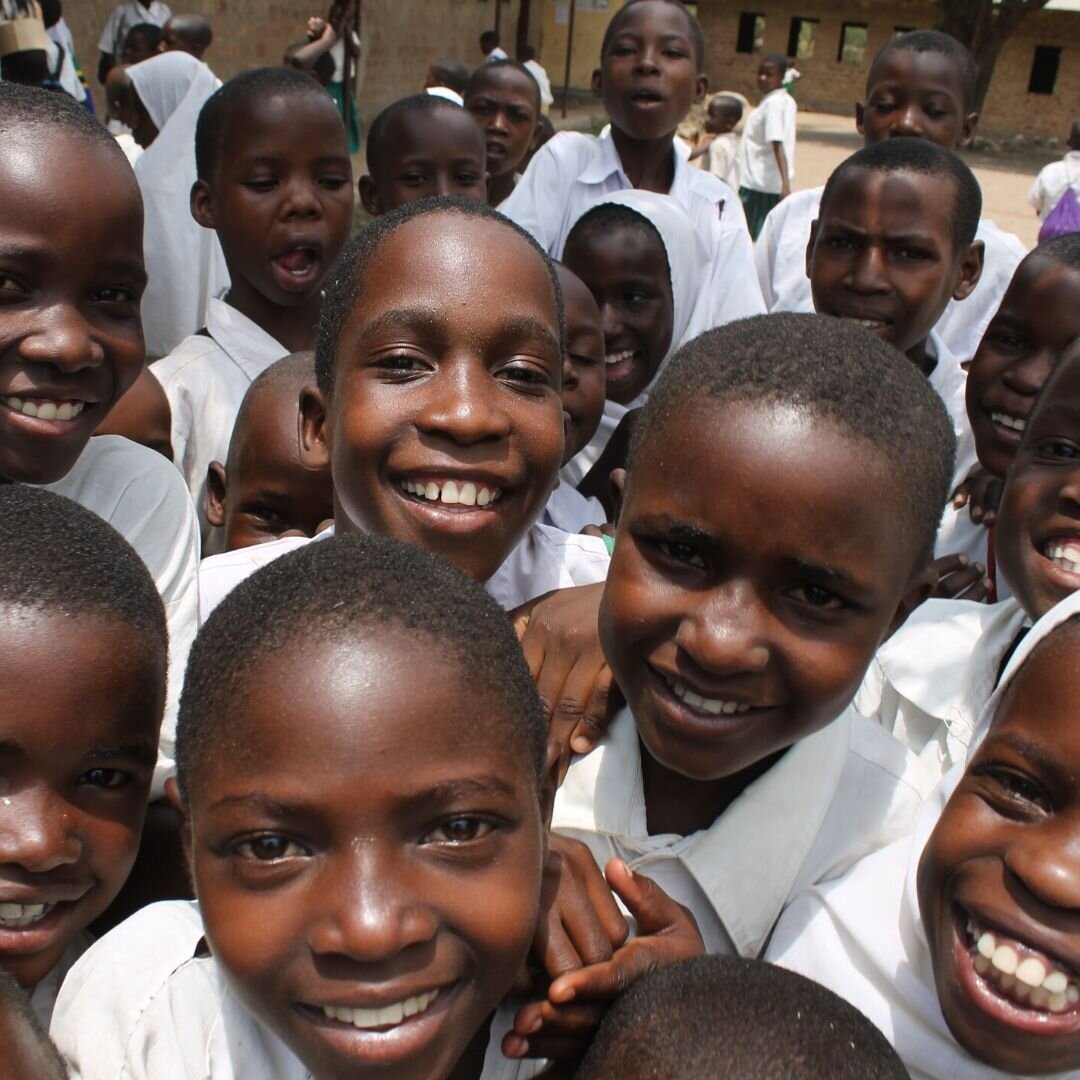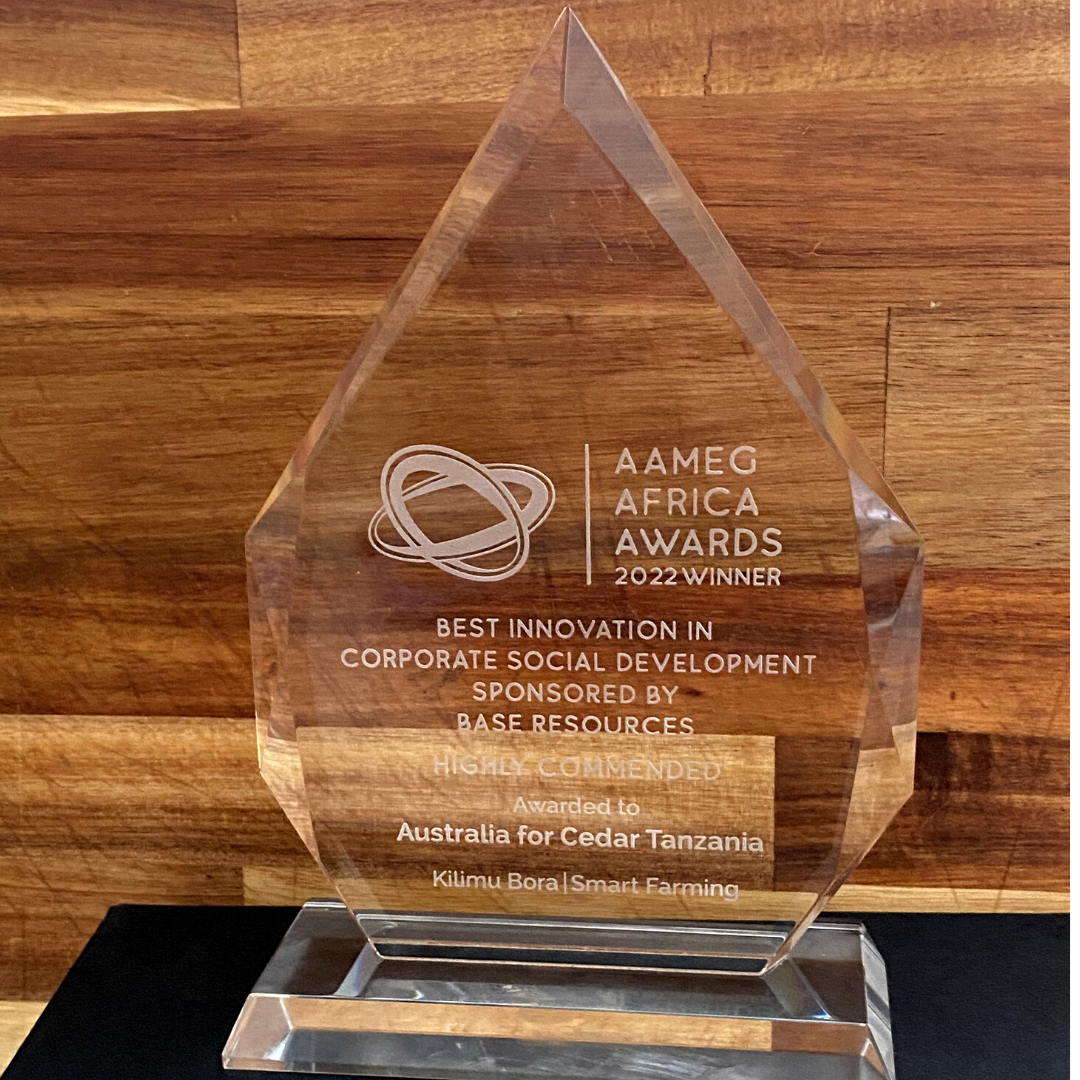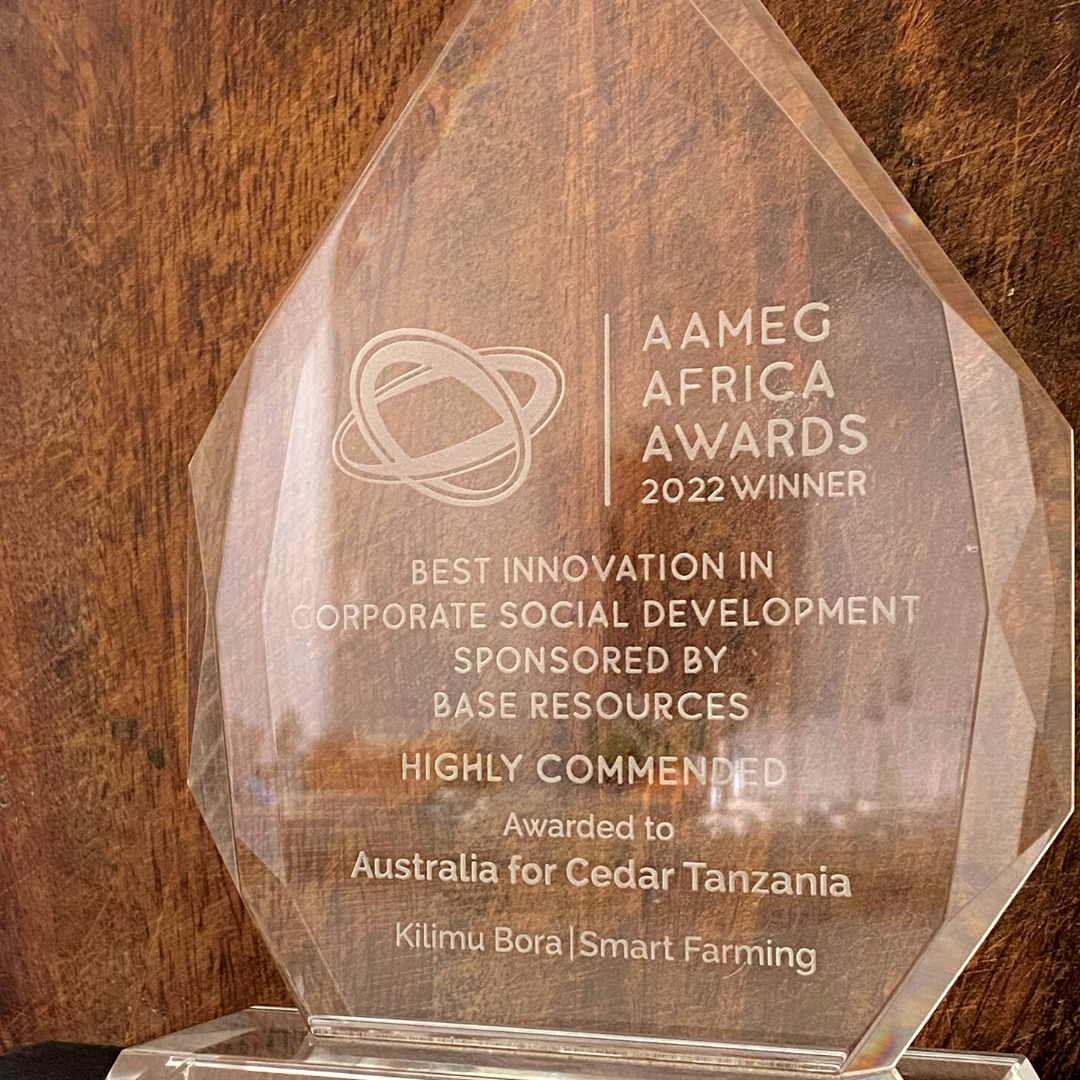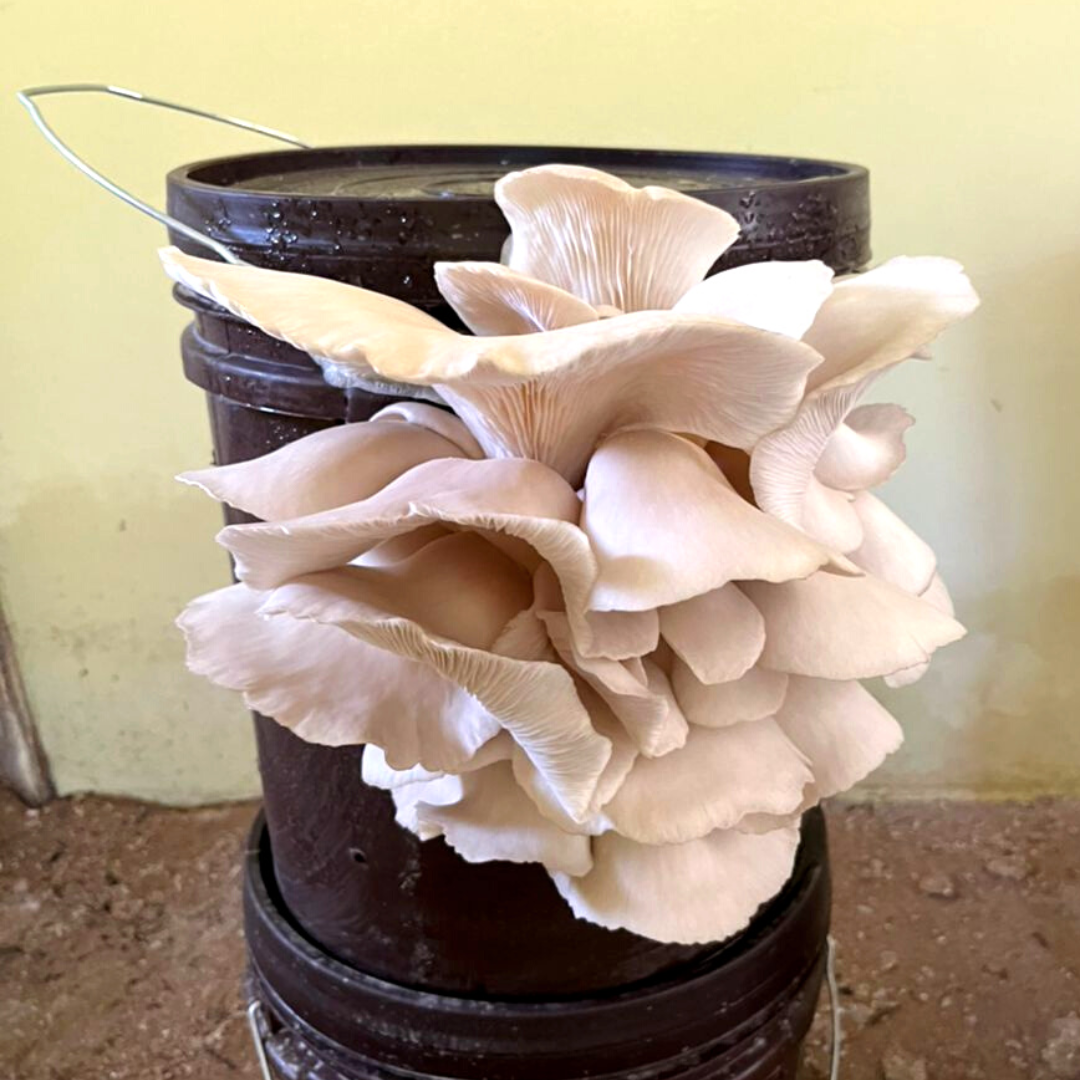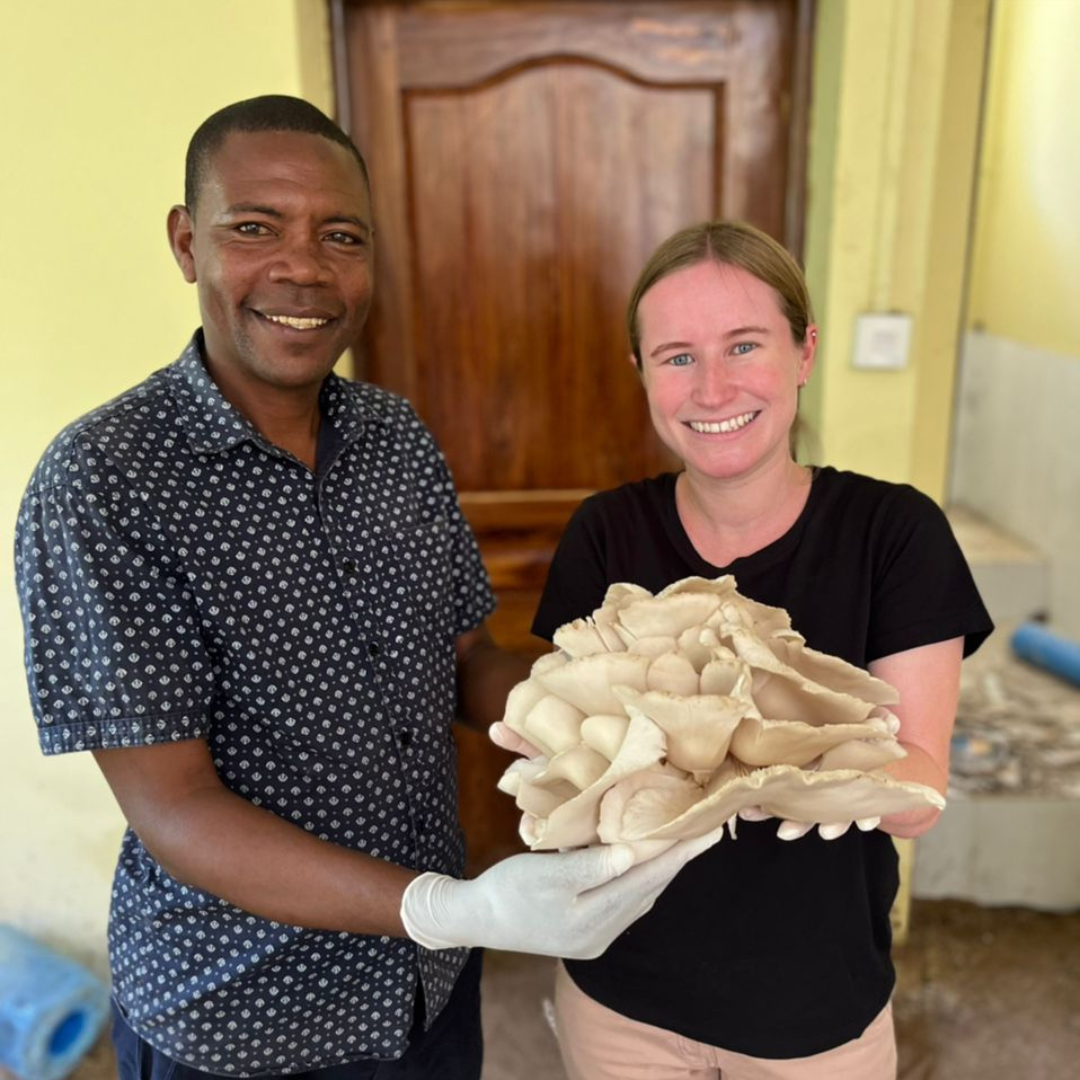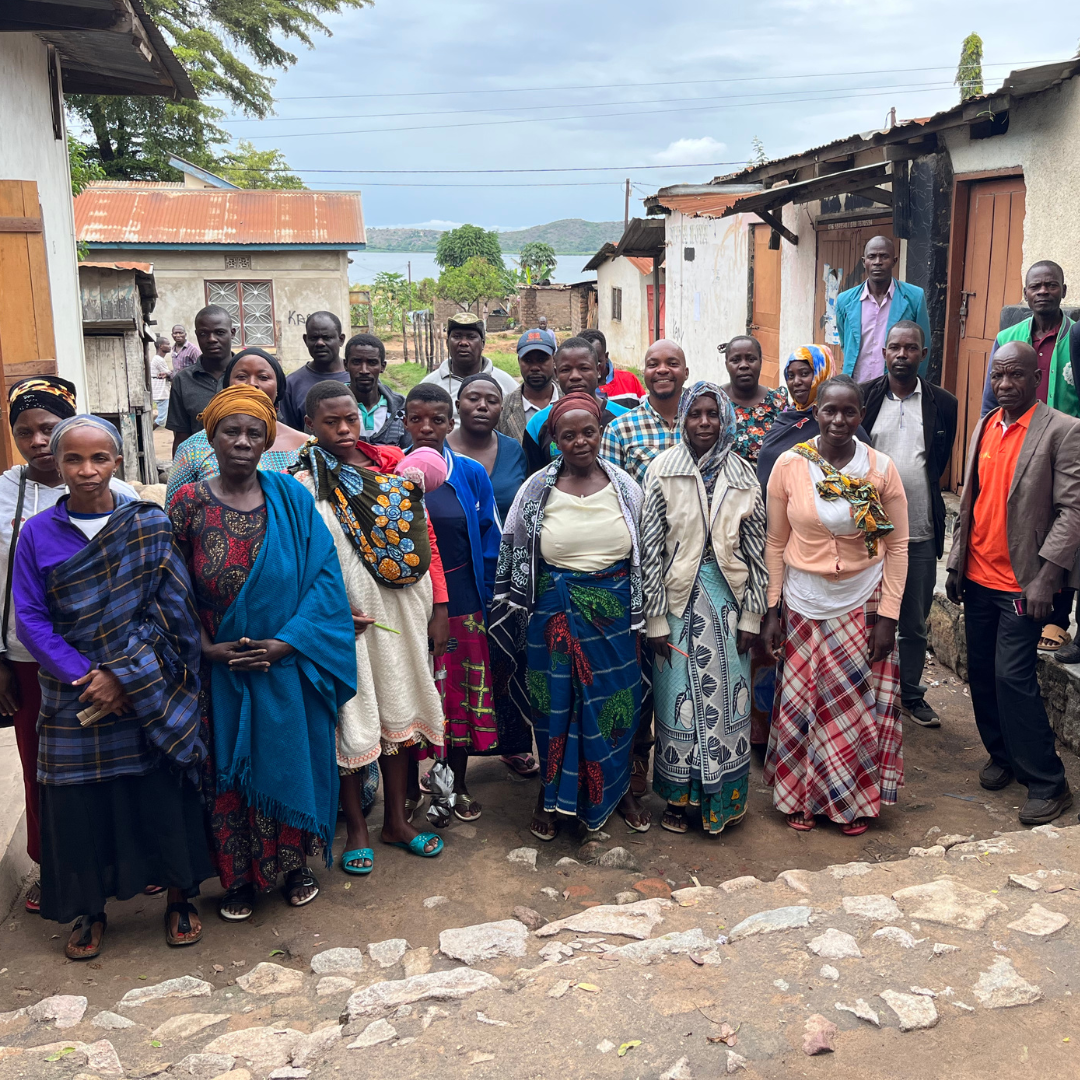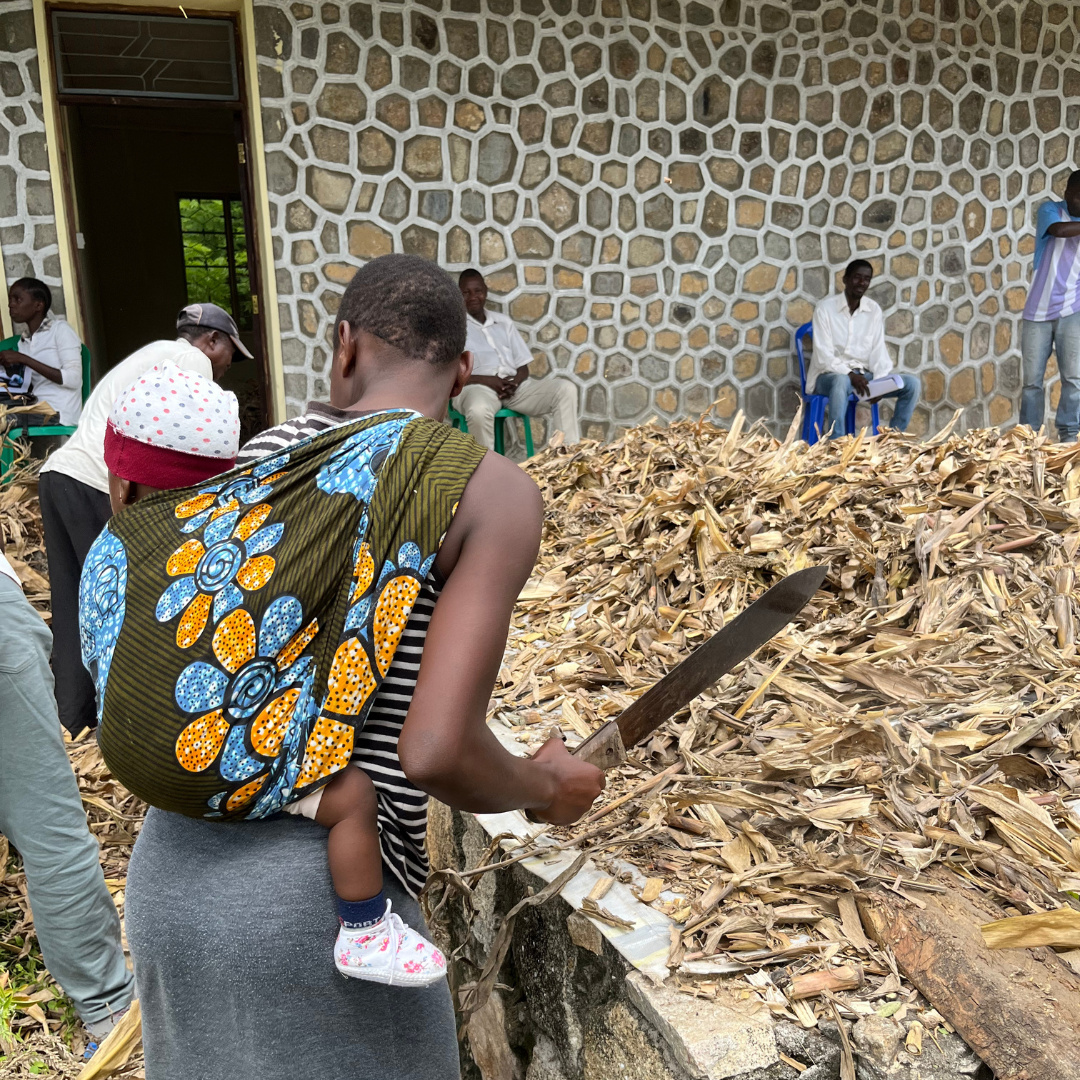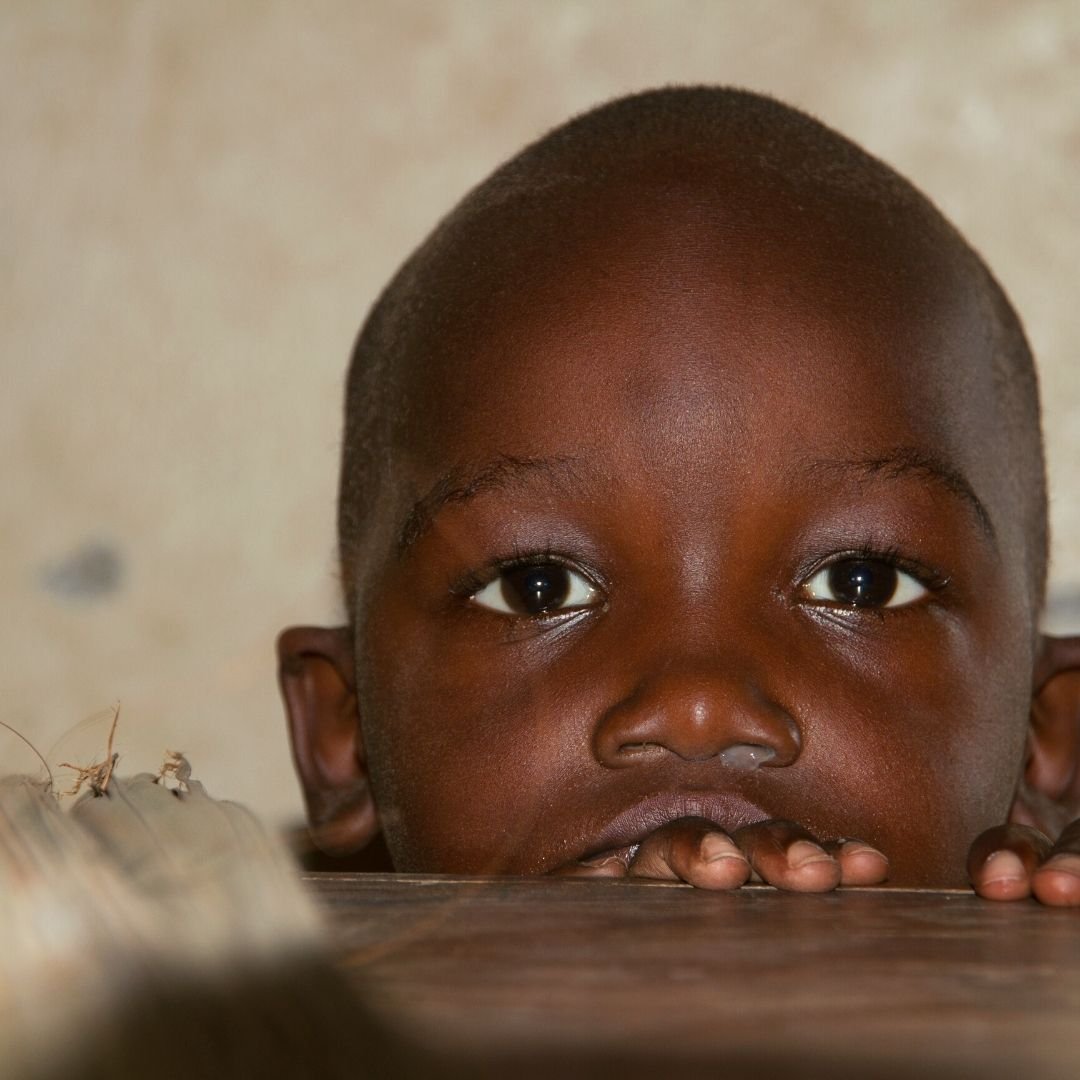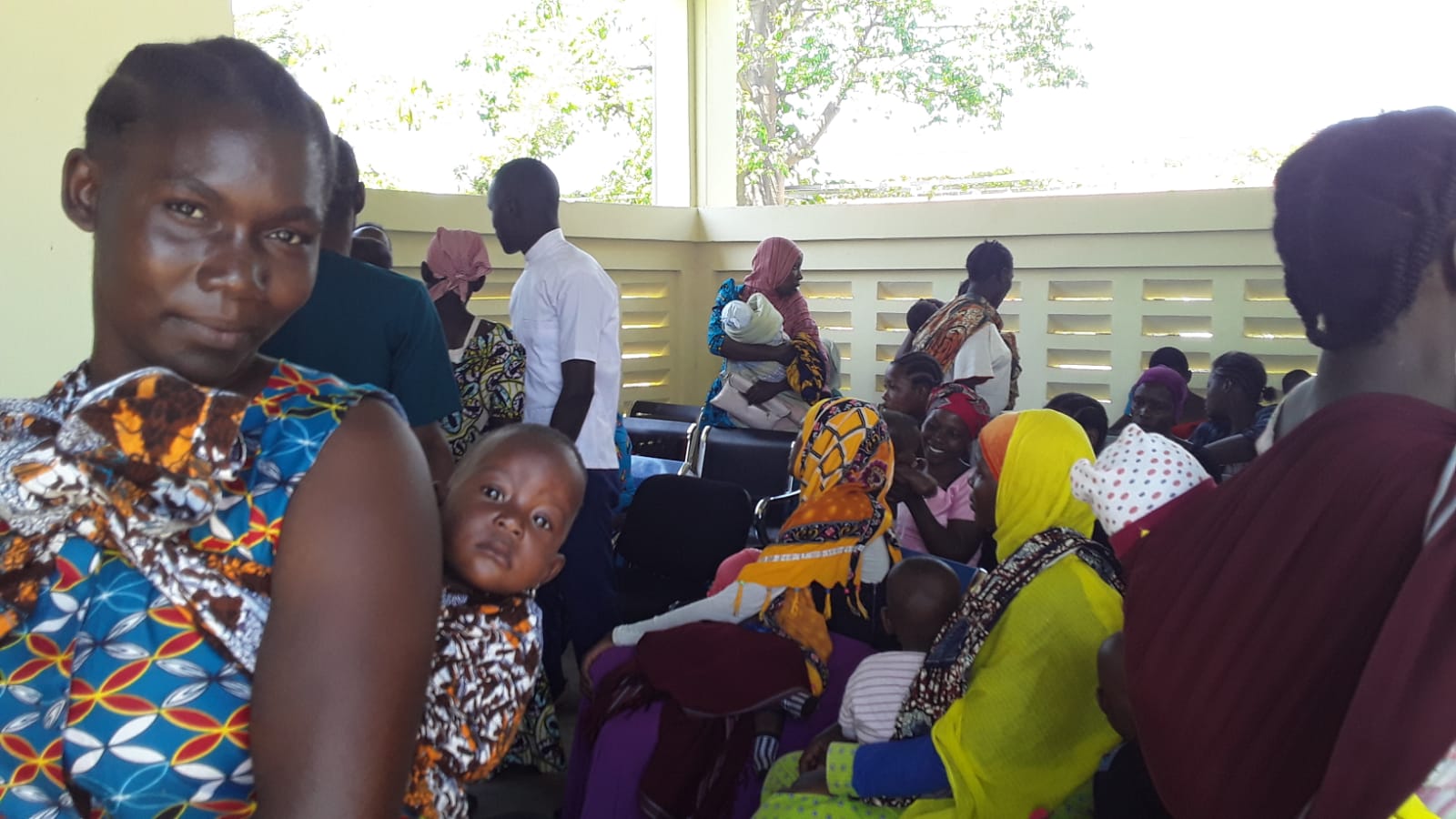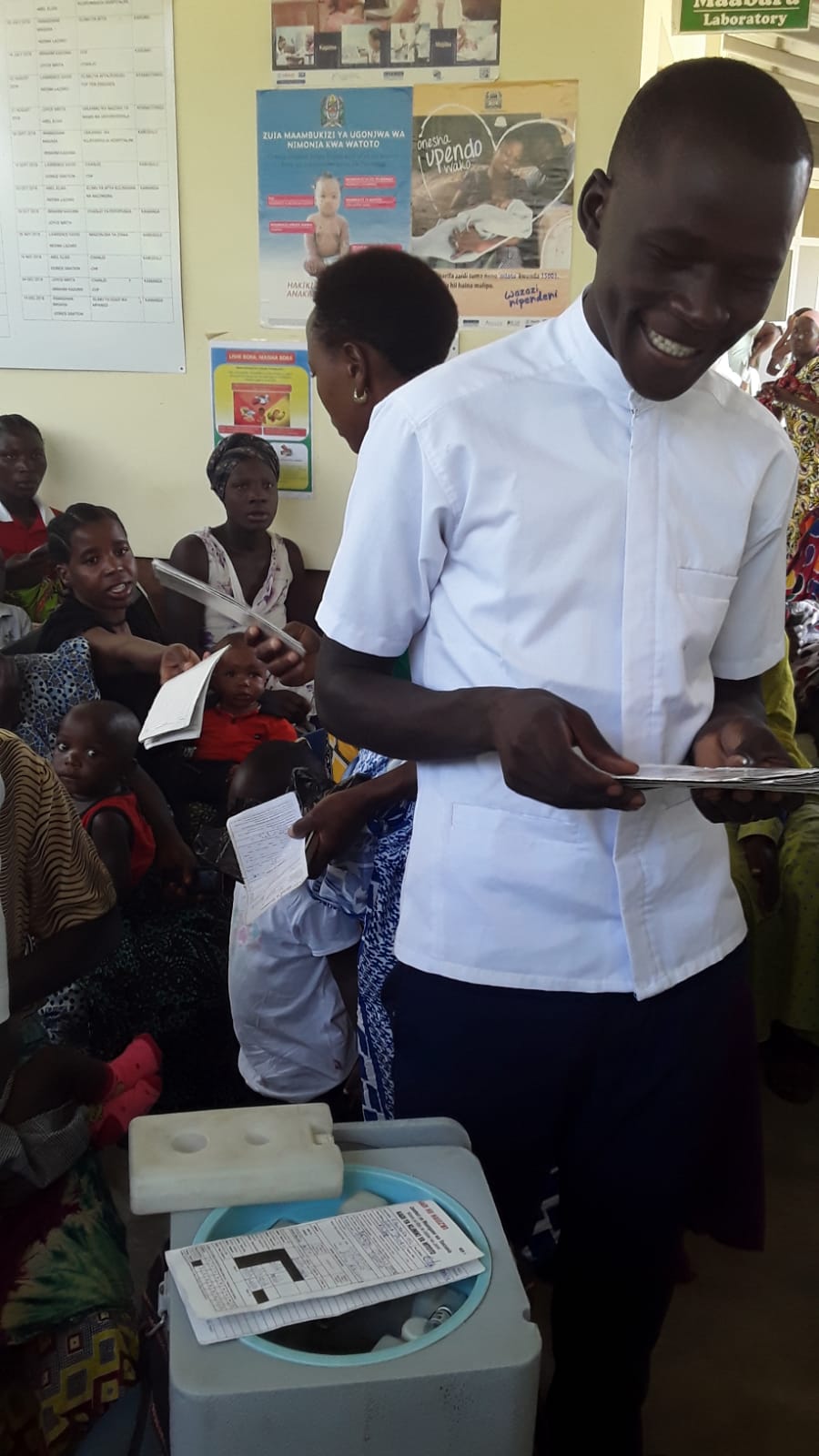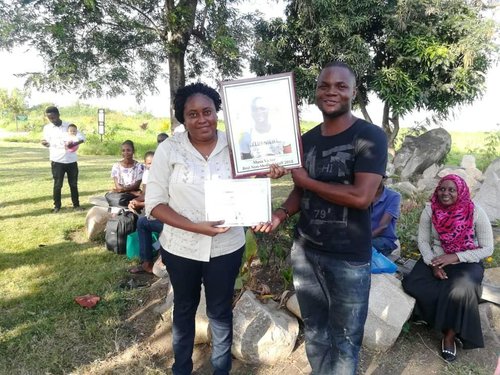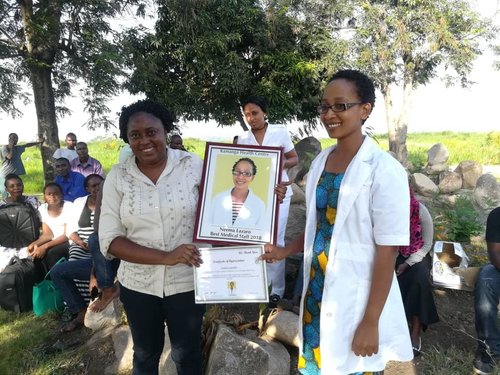Nina Hjortlund not only got nominated in the category for CEO of the Year 2023 in the category for Best Community Empowerment Organisation. She also WON!
Below we share the article APAC Insider has publicised upon announcing the winner
Tanzania acts as a home to approximately 60 million people, but, unfortunately, 90% of said population lives in poverty. Just over half of the populace are living on a daily income that amounts to less than the cost of a takeaway coffee, with almost 50 million having to manage their lives on significantly less.
Its people struggle with what is inarguably the definition of extreme poverty, and this is something that Nina Hjortlund, CEO of Australia for Cedar Tanzania has recognised. We investigate how Nina utilises her position to advocate for a better tomorrow for the people of Tanzania.
Poverty is a horrendous state of living that has unfortunately struck a vast majority of the globe, and it’s an issue that has been ongoing for countless years. It’s a vicious cycle that traps adults and children alike, and introduces a whole host of problems that affect the entire world. Australia for Cedar Tanzania, spearheaded by Nina Hjortlund, aims to do all it can to influence change, however. Be it through its on-the-ground projects, or its informative articles on how important it is to contribute towards change, it’s devoted to making a true difference that’ll benefit the people struggling the most.
Australia for Cedar Tanzania provides volunteers and advisors wherever necessary to its on-the-ground organisation, Cedar Tanzania, in order to try to build up a better state of living for the population of Tanzania. Not only does it provide education and better healthcare, but it contributes towards empowering the local populace to ensure that their voices are heard. It strongly values respect, safety, quality, partnerships, forgiveness, and integrity, and adheres to these prospects to deliver world-changing assistance those who desperately need it.
At the forefront of all of this is Nina, a CEO unlike any other. After having lived in Tanzania for 13 years, Nina founded Australia for Cedar Tanzania – an organisation that supports the implementation of projects that are each built around the desire to provide more for the people of Tanzania. She takes a holistic approach towards poverty alleviation, and is already creating a sustainable and positive change for over 35,000 residents in rural Tanzania. But this is just the beginning, and Nina is constantly spreading awareness through multiple platforms and methods.
Since establishing Australia for Cedar Tanzania, Nina has expanded the business with Swahili Sensations in 2020, which focuses on importing handmade crafts with a modern twist from Tanzania. The entire purpose of Swahili Sensations is to secure the culture and livelihood of artisans across East Africa, and its success is all thanks to Nina’s compassionate approach towards collaboration. She is frequently developing new ideas and proposing new projects, and her work is quite clearly making a difference within rural Tanzanian communities.
However, despite being well equipped to lead Australia for Cedar Tanzania, Nina still isn’t satisfied with her current level of knowledge. As such, she follows her pursuit of continuous learning, and is currently undertaking a Micro Master’s at Queensland University in Leadership and Global Development. She does this, all whilst managing the practises of Australia for Cedar Tanzania. Her determination to give her best to the people who need it the most is truly inspiring, and it’s visible through every action and project that Cedar Tanzania undertakes.
Nina puts her heart into the difference she’s making and will never hesitate to explain to anyone who’s curious just how crucial it is to eliminate poverty. Her beliefs are steadfast and admirable, and the work that she’s encouraging has already proven to be making a monumental difference. And yet, Nina is insistent that more work can always be done, and it’s this dedication towards advocating for the people of Tanzania that truly makes her a CEO that stands out among the rest.
Thank you for celebrating with us.


